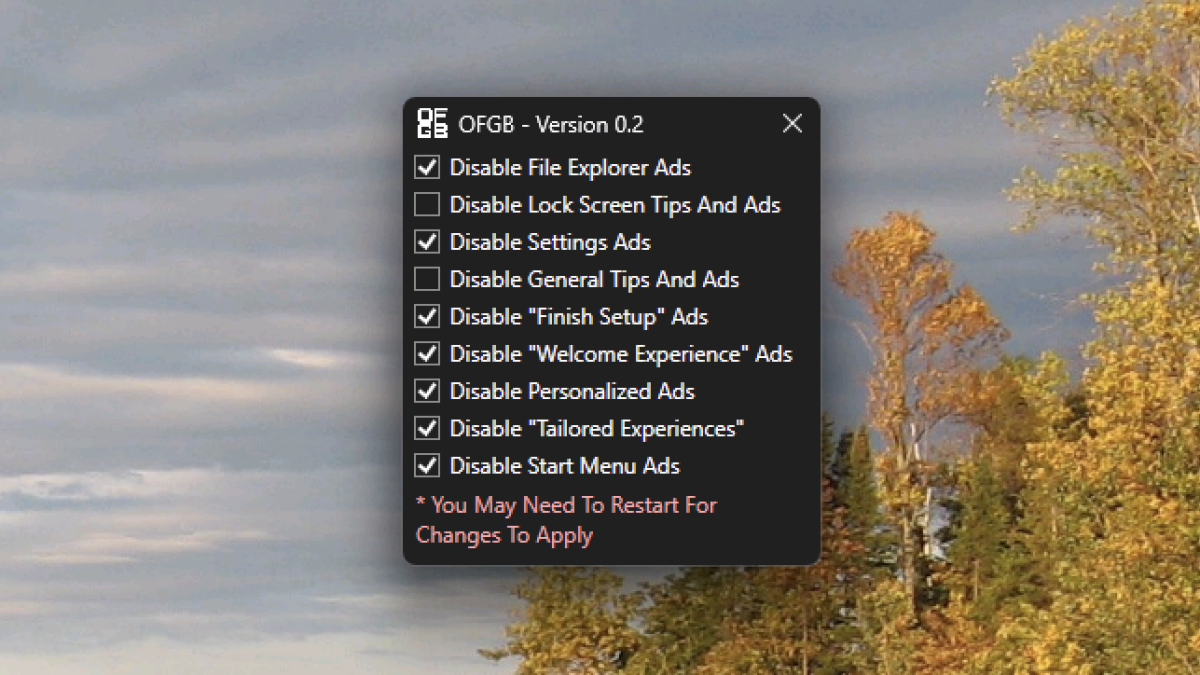The Federal Communications Commission has slapped the largest mobile carriers in the US with a collective fine worth $200 million for selling access to their customers’ location information without consent. AT&T was ordered to pay $57 million, while Verizon has to pay $47 million. Meanwhile, Sprint and T-Mobile are facing a penalty with a total amount of $92 million together, since the companies had merged two years ago. The FCC conducted an in-depth investigation into the carriers’ unauthorized disclosure and sale of subscribers’ real-time location data after their activities came to light in 2018.
To sum up the practice in the words of FCC Commissioner Jessica Rosenworcel: The carriers sold “real-time location information to data aggregators, allowing this highly sensitive data to wind up in the hands of bail-bond companies, bounty hunters, and other shady actors.” According to the agency, the scheme started to unravel following public reports that a sheriff in Missouri was tracking numerous individuals by using location information a company called Securus gets from wireless carriers. Securus provides communications services to correctional facilities in the country.
While the carriers eventually ceased their activities, the agency said they continued operating their programs for a year after the practice was revealed and after they promised the FCC that they would stop selling customer location data. Further, they carried on without reasonable safeguards in place to ensure that the legitimate services using their customers’ information, such as roadside assistance and medical emergency services, truly are obtaining users’ consent to track their locations.
Source: FCC fines America’s largest wireless carriers $200 million for selling customer location data

